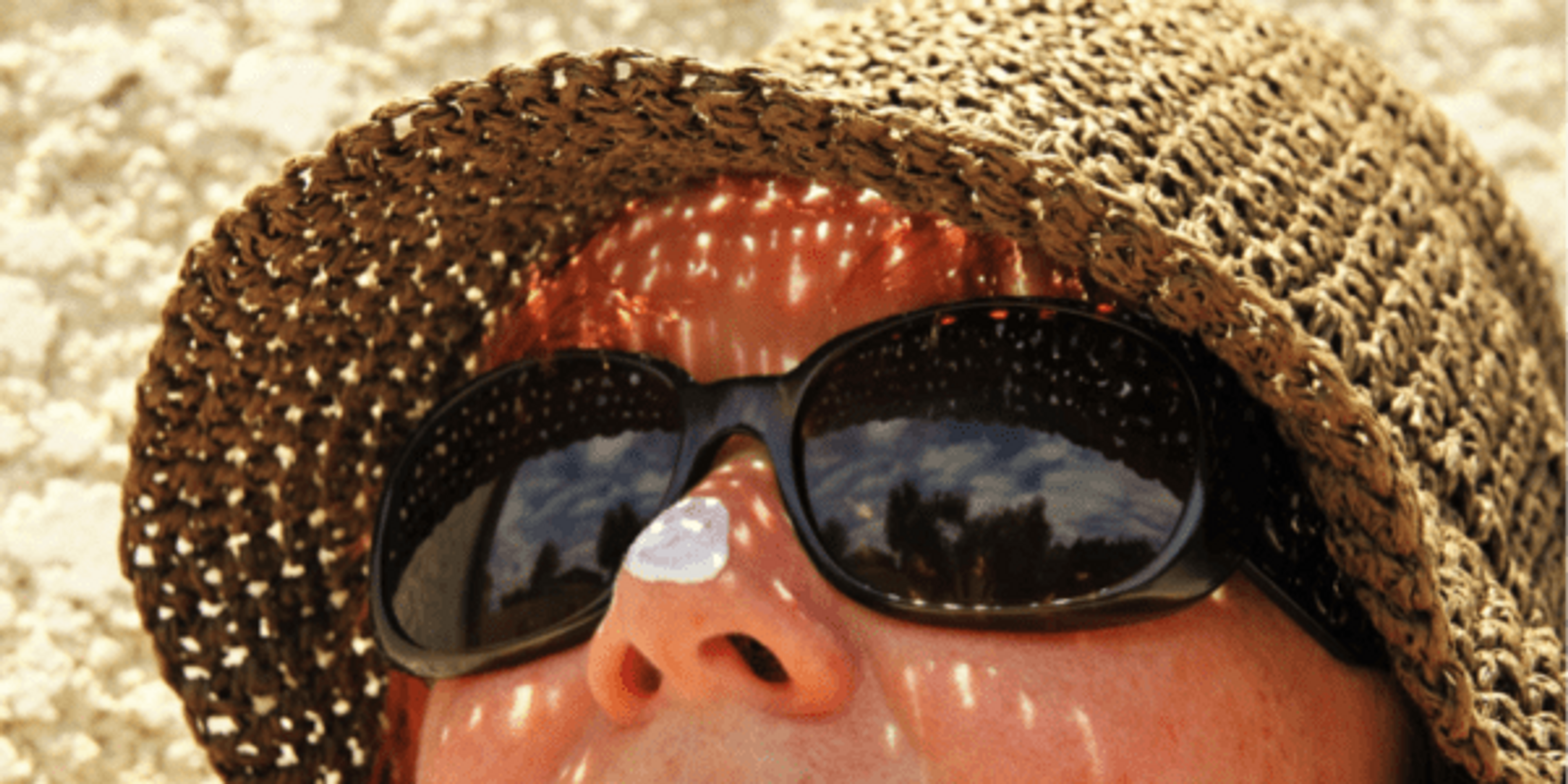Sunny Days Are Here: Make Sure You’re Really Protected
| 3 min read

Has this ever happened to you: One minute you’re having an amazing time out in the sun and the next you realize your skin is starting to feel searing-hot. That is probably when you remember you’ve forgotten to reapply sunscreen (or put it on in the first place). Unfortunately, by the time you start to notice these kinds of signs, you’re already well on your way to turning into a full-on lobster. And a sunburn can continue to get worse for hours after you’re out of the sun.
The only way to avoid painful sunburns and reduce the risk of skin cancer? Get smart about sun protection. With the summer stretching out ahead of you, now is the time to refresh yourself on how to stay safe every day. The most important thing to know is that the stronger the sun, the faster you’ll burn – even with cloud coverage. Try to limit exposure when it’s at its peak intensity (between 10 a.m. and 4 p.m.) and on days with high UV index (find it out through the Environmental Protection Agency’s website). And whenever you are outside, follow these sunscreen rules:
- Apply it every day: A common misconception is that you don’t need to apply sunscreen on cloudy days. You do! Around 40 percent of ultraviolet radiation still reaches the earth when it’s overcast, meaning you can still get burned.
- Put on enough: Use a shot glass amount of sunscreen (two tablespoons) all over your body and a nickel-sized amount on your face. For spray sunscreens, make sure you have an even layer and rub it in to avoid leaving uncovered spots or streaks.
- … and reapply: One coat of sunscreen won’t protect you for the whole day. Reapply every two hours for best coverage. Be extra diligent about this if you’re sweating or swimming and you dry yourself off with a towel.
- Read the label: The SPF number refers to how well it protects against UVB radiation. Try to use at least SPF 30 to be safe—it will block 97 percent of UVB radiation (going up to SPF 50 means you’re blocking 98 percent, which isn’t a huge difference). It’s also important to check the expiration date since most sunscreens have a shelf life of three years.
Sunscreen isn’t the only way to stay safe. Use these other tricks as well:
- Cover up: The more you cover your skin, the better protected it will be. A wide-brimmed hat will shade your face, ears and neck from the sun and a long-sleeved shirt can keep your chest and arms safe.
- Choose sun-safe clothing: Bright, bold colors are better at absorbing UV light than lighter colors, so try not to wear pale clothing out in the sun. Some apparel is also made specifically for reducing the amount of UV rays that get through to your skin, usually by having a tighter weave that blocks the sun’s rays (look for a tag that mentions this feature).
- Don’t forget the sunglasses: Your eyes and the skin around them are delicate, so make sure the lenses protect against 99 to 100 percent of UVA and UVB rays. This is important for kids’ sunglasses too!





